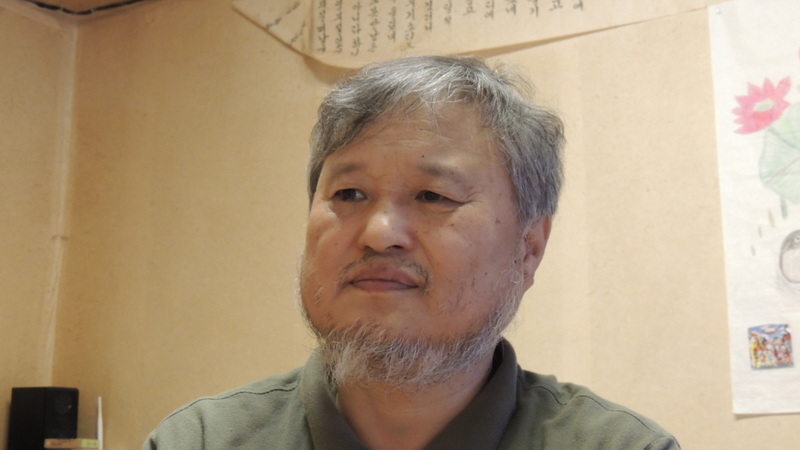 |
|
Lee Gwang-yeong, 66, witnessed a military helicopter opening fire on civilians during the Gwangju Democratization Movement of 1980. (provided by Lee Gwang-yeong)
|
Testimonies may serve as critical evidence in defamation trial of Chun Doo-hwan
In the criminal trial of former South Korean President Chun Doo-hwan, 88, who is charged with defaming the late priest Cho Cheol-hyeon (also known as Cho Pius) in his memoirs, numerous citizens of Gwangju testified that they’d witnessed gunfire from helicopters during the Gwangju Democratization Movement in 1980. If the court affirms the testimony about the helicopter attack -- the first such testimony to be made in court -- it would serve as important evidence that martial law troops were given orders to open fire during the movement. Five witnesses who said they’d seen the helicopter attack during the Gwangju Uprising were questioned by the prosecution and defense during the second hearing in Chun’s trial on May 13. The presiding judge was Hon. Jang Dong-hyeok, from the 8th Criminal Division of the Gwangju District Court. The witnesses’ testimony is important because, if the helicopters did in fact fire on protesters between 1 and 3 pm on May 21, 1980, before the Ministry of Defense authorized the martial law troops to defend themselves at 4:35 pm, it means that someone gave the order to open fire, with lethal consequences. An individual surnamed Kim, a member of the Baptist church and a naval doctor, with the rank of captain, who was serving in the 3rd Sea Command at the time of the movement, testified that he’d witnessed the helicopter attack from the house of a minister named Arnold Peterson. A revival meeting scheduled for that day had been canceled, and, concerned by the gunfire he was hearing, Kim paid a visit to the missionaries’ neighborhood. “In the direction of the provincial office and Chonnam National University Hospital, about 2 or 3km away from the residence, I saw a helicopter turning in place and firing its gun,” Kim said. Chun’s attorneys argued that Kim’s testimony was not credible because Arnold Peterson and his wife Barbara Peterson had both said in writing and in questioning by the prosecutors that they hadn’t seen a helicopter attack with Kim. Kim countered that they’d done so “because they were worried it might have a negative impact on me, as a soldier.” Lee Gwang-yeong, a monk who participated in the demonstrations against the Chun Doo-hwan dictatorship, testified that he saw the helicopter attack while he was riding in a military jeep past a traffic circle in the Wolsan neighborhood of Nam District, Gwangju, around 2 pm on May 21. Other witnesses who told the court they’d seen the helicopter attack were Jeong Seon-deok, who was looking for her husband along the riverside; Choe Hyeong-guk, who had served on the 502nd Airborne Company, which was deployed to Gwangju; and Nam Hyeon-ae, who said she’d been hit by gunfire from the helicopter in front of the old Gwangju labor office. In a previous session of the court, Chun’s attorneys argued that Chun hadn’t given orders for a helicopter attack during the Gwangju Uprising and that there wasn’t even clear evidence that a helicopter attack had actually occurred. They also contended that the claims about a helicopter attack had never been proven either by the prosecutors’ questioning, the investigation by a special government commission, or the testimony by helicopter pilots and that a substantial portion of the Gwangju citizens’ testimony was based on hearsay. By Jung Dae-ha, Gwangju correspondent Please direct comments or questions to [english@hani.co.kr]






